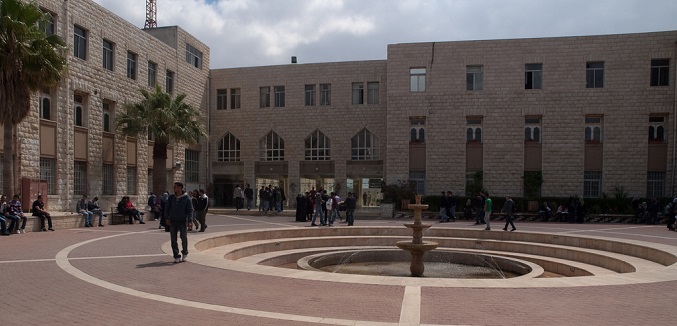The Palestinian Hamas faction is reportedly making something of a comeback in territories long dominated by its rival Fatah – staging rallies in the West Bank and in the Jerusalem campus of the Palestinian Al-Quds University – after a series of bad geopolitical gambles had left the terror group economically and politically isolated in the Gaza Strip.
The Times of Israel on Friday described Hamas’s West Bank leader as leading a funeral procession in the West Bank town of Jenin that “was almost an exact reenactment of the first days of the Second Intifada, when [Sheikh Hassan Yousef] stood at the head of the organization’s gatherings and called for revenge.”
Sheikh Yousef sounds confident in the power of his organization, even though recently commentators have been claiming that support for Hamas is dropping:
“These estimates are incorrect. The rallies and processions we have seen in recent months, in which most of the participants were Hamas supporters, show the clear support for the organization.
The funeral came a day before a separate Hamas rally on the Jerusalem campus of Al-Quds University in which “demonstrators were seen with black ski masks and carrying replicas of rockets.”
The Fatah-linked president of the university, Sari Nusseibeh, announced three days later that he was stepping down from his post. Tensions between Hamas and Fatah have long been cited as among at least four structural barriers threatening the viability of any future Palestinian state.
Analysts have recently and particularly emphasized the dynamic as a threat to state cohesion – Fatah rules the West Bank, Hamas rules Gaza, and any state with territory divided between rival governments is by definition a failed state – but the rivalry also risks generating security-based problems. It is not at all clear that Fatah security forces, left to their own devices, would be capable of preventing Hamas from seizing control of the West Bank as Hamas did in the Gaza Strip.
[Photo: Palfest / Flickr ]




